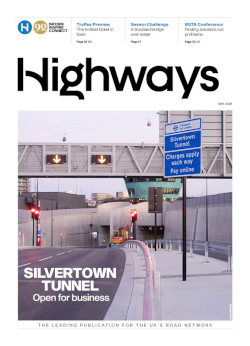Software Group PTV says a project focussing on efficient and environmentally-friendly freight solutions for urban areas is 'taking logistics to the next level'.
Newcastle upon Tyne, along with Berlin and the Italian town of Lombardy, is part of the "Smartfusion" demonstrator, with planners using PTV software to demonstrate how the whole supply chain is connected, from city planning to driver and vehicle.
PTV says the three pilot regions are as varied as their use cases, but that all use electric and hybrid vehicles. In Newcastle, they are used to supply the university with deliveries bundled at transit loading points and delivered using e-vehicles. In Lombardy, small e-vans are used for local distribution while Berlin uses hybrid lorries, which can be switched in certain locations into quiet, low-emission driving mode.
PTV says it created comprehensive IT architecture with trip planning and navigation for the project, assisted by the Smart Urban Freight Designer. The software simulates logistics scenarios to assess their electromobility potential. When planning the routes, the user sees the cost per kilometre and per hour of the different scenarios. This makes the application suitable for urban decision-makers, users and operators across the board, to view the e-mobility potential in their city logistics and their supply chains.
With hybrid vehicles alone, as the project in Berlin showed, a lot of CO2 can be saved. Here, area layers were used to define zones in which drivers should switch from diesel to electric mode, for driving with minimum noise and emissions. 'This PTV technology can be used to trigger events which actively control the lorry's driving mode and enable a continuous information chain ' from important city policy information to the driver', says Logistics Research Manager Marcel Huschebeck.
The various freight solutions that were developed and tested in the project are transferable to other cities and urban regions.





